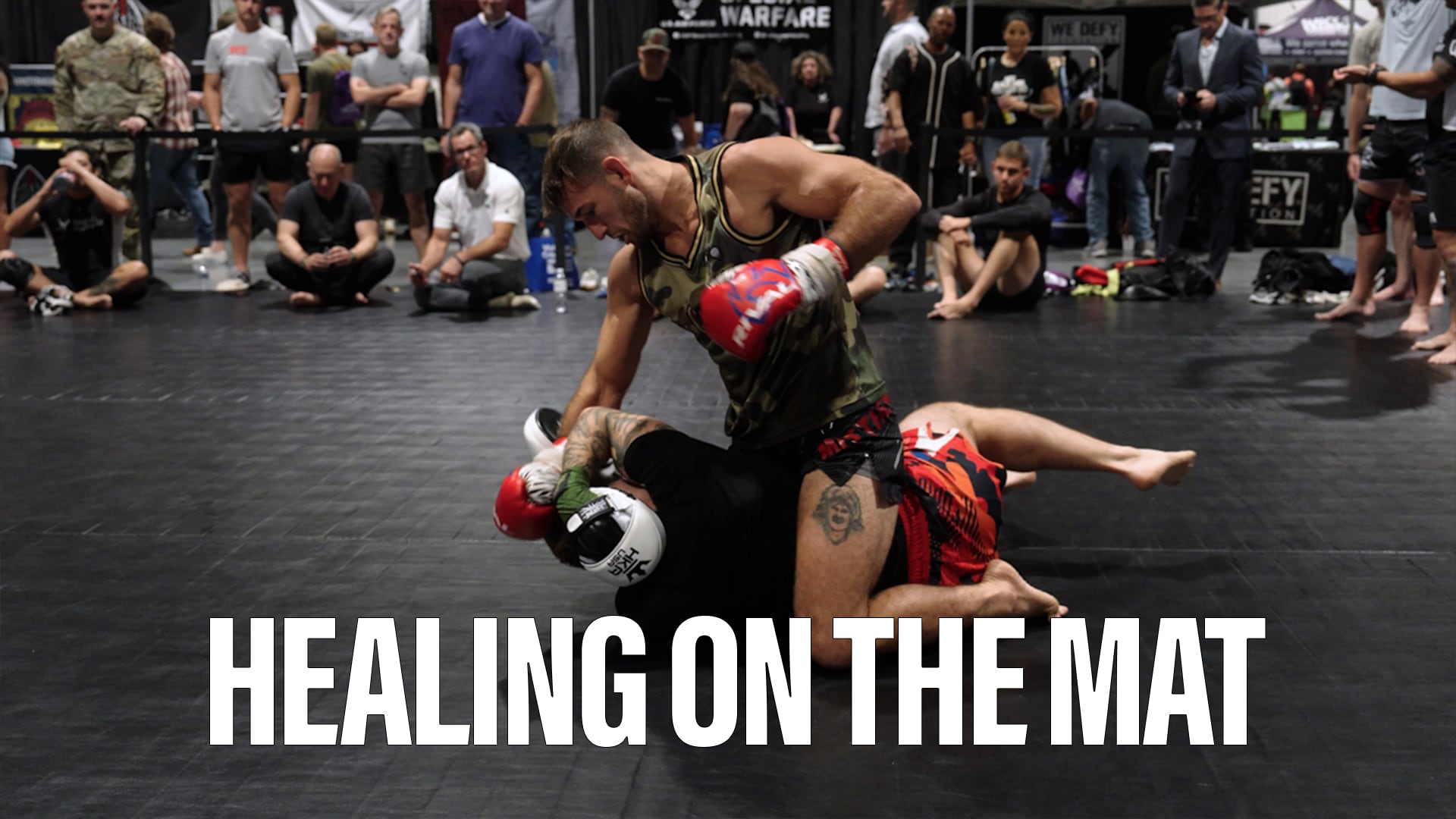NATIONAL HARBOR, Md. — As they attempt to modernize their fleets, NATO partners will continue to rely on each other for both technological exchanges and strategic partnerships, a trio of European naval chiefs predicted Monday.
Vice Adm. Andreas Krause, chief of the German Navy; Rear Adm. Lars Saunes, chief of the Royal Norwegian Navy; and Vice Adm. Kari Takanen, commander of the Finnish Navy, all agreed that the changing situation in Europe requires modernizing the European fleets, something that is now underway. In to do so, the ties bound by the NATO alliance must continue to be strong.
Krause, the moderator of a panel at the Navy League Sea Air Space conference that also included Read Adm. John Martin, chief of Navy for New Zealand, set the tone for the conversation when he noted that the alliance is about "much more" than just defense.
Click here to see more coverage from the 2017 Navy League Sea Air Space conference.
"NATO is a culture. NATO is common mindsets, common politics, common ethics, common understanding," Krause said. "Sometimes it's underestimated, the political role that NATO has played in the recent decades. Even in the coldest times of the Cold War, there were communication channels open based on a very trustful and rational basis, and that is the real advantage of NATO as a political alliance."
Both Takanen and Martin, representing non-NATO nations, agreed that the ties with the European alliance are important for their nations, while Saunes noted that the channels opened up by NATO allow for coordination on both a strategic and technological level.
"We see in the last three or four years that NATO is starting to plan for high-end warfighting again, and so we as nations are contributing to NATO pending on what NATO needs," Saunes said. "There are differences between the 28 nations. Some nations like the US have a lot of equipment and personnel. Other nations, like mine, have very few personnel and equipment. But all in all we are all contributing.
Asked to identify gaps in NATO capabilities, Saunes demurred, but said the alliance is constantly trying to improve itself.
"Every time we go out and exercise our plans, we recognize shortfalls, lessons learned, lessons identified, and we are using that to identify new capabilities," he said. "So that is a NATO process we have on a yearly basis, where nations meet in Brussels and look into NATO shortfalls, what new capabilities do we need, what do we have to [change], and then it’s up to nations to cover that shortfall."
At the start of the event, Saunes noted that Norway is working with the United Kingdom to help develop new technologies, which led to a question from the crowd about the impact of the Brexit decision on the alliance.
None of the four seemed eager to tackle that question, with Saunes finally noting that the "situation in Europe is difficult in the moment" before noting "the consequences of Brexit is not for us to say — you have to ask the Brits about that."
For his part, Krause downplayed the impact Brexit would have on military partnerships with the U.K., noting that the European Union and NATO are two separate entities.
"I think there is no doubt that we will have to find proper ways to collaborate also in the future," Krause said. "For the military, there is no other option and we will continue to closely cooperate, and there will be also, there is a need for strategic collaboration, strategic partnerships, and NATO is the perfect venue to make this happen."
Aaron Mehta was deputy editor and senior Pentagon correspondent for Defense News, covering policy, strategy and acquisition at the highest levels of the Defense Department and its international partners.
More In








